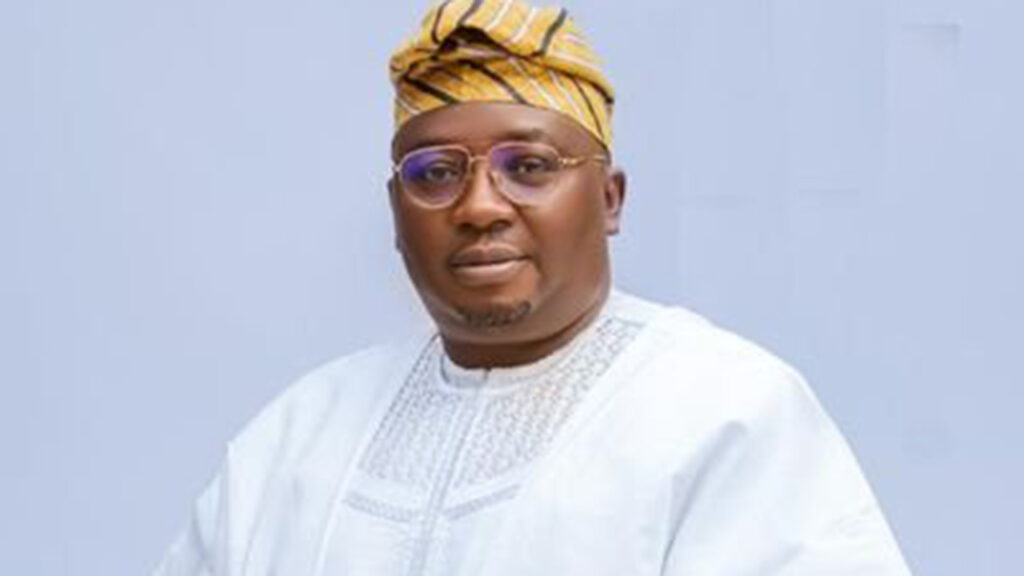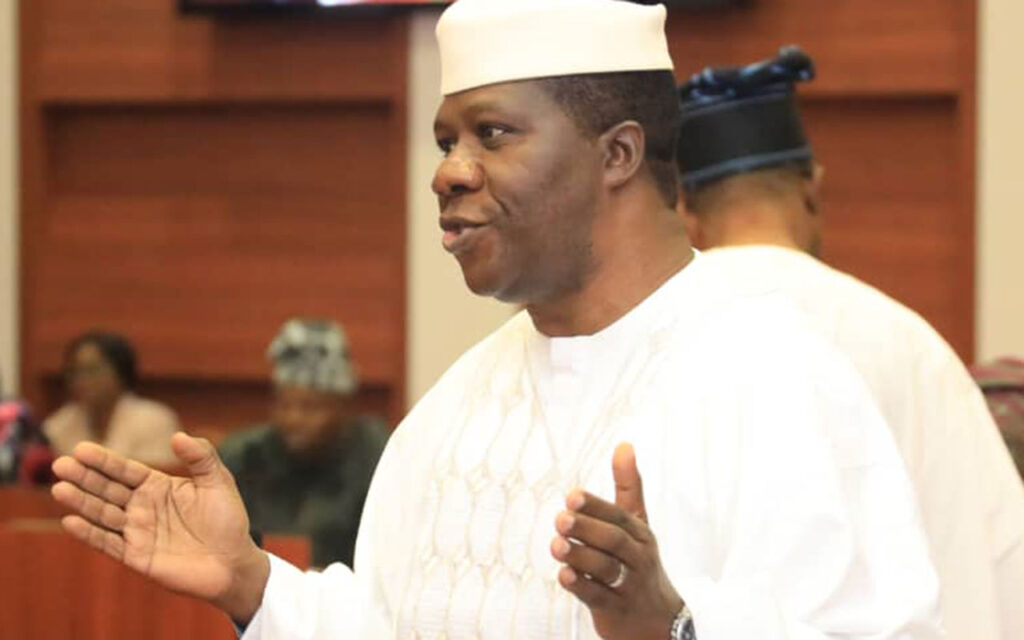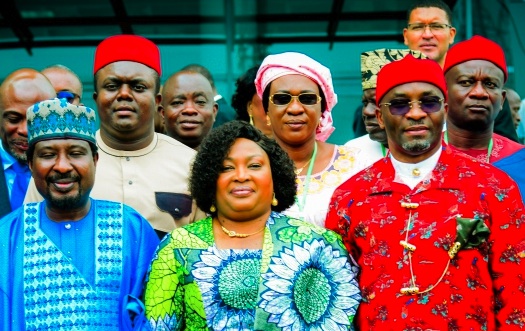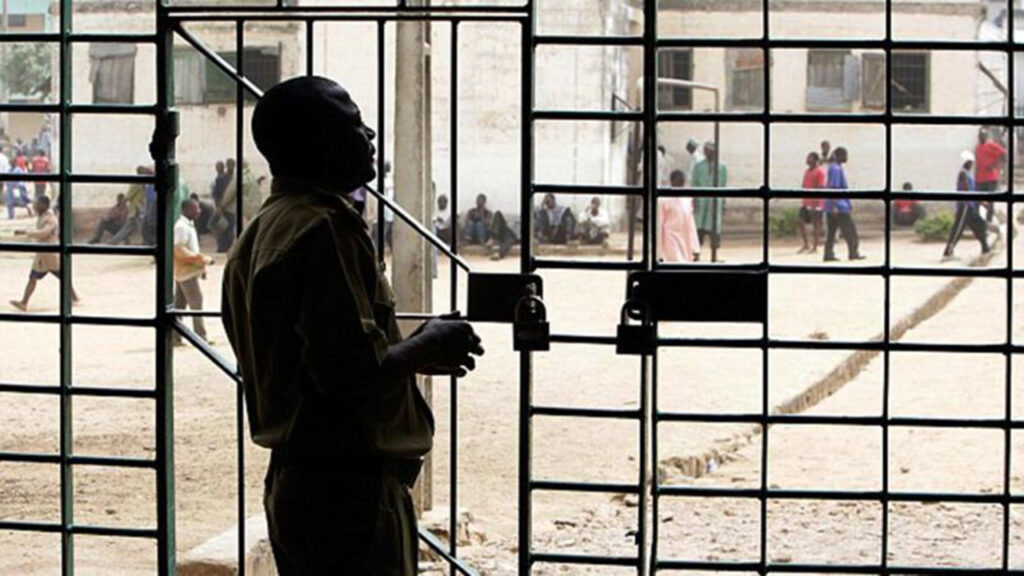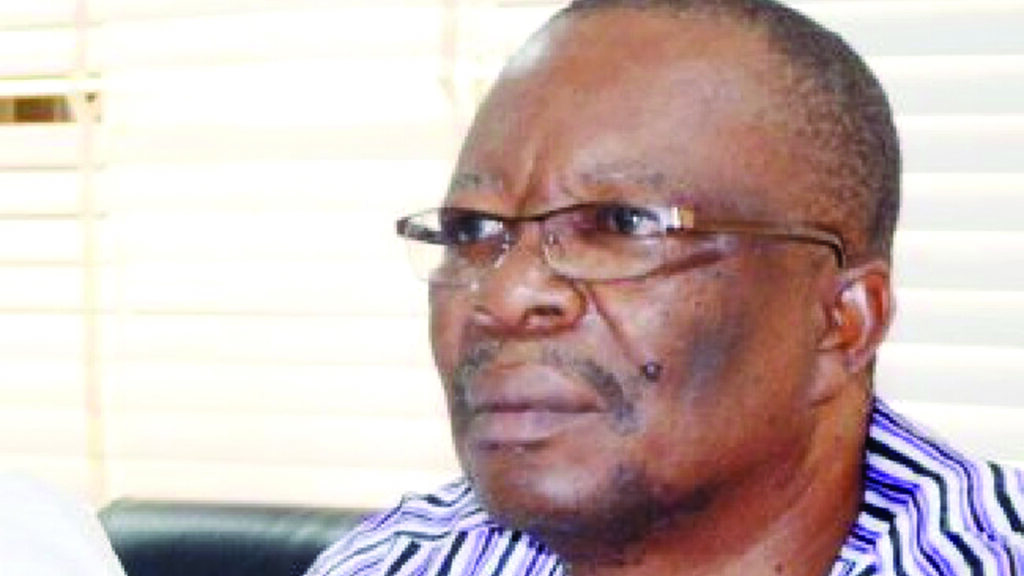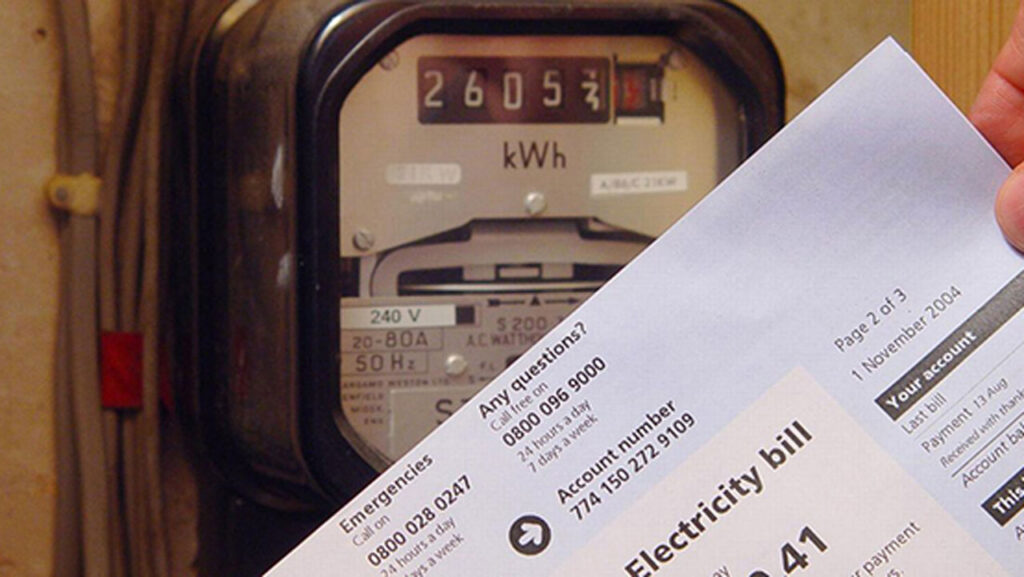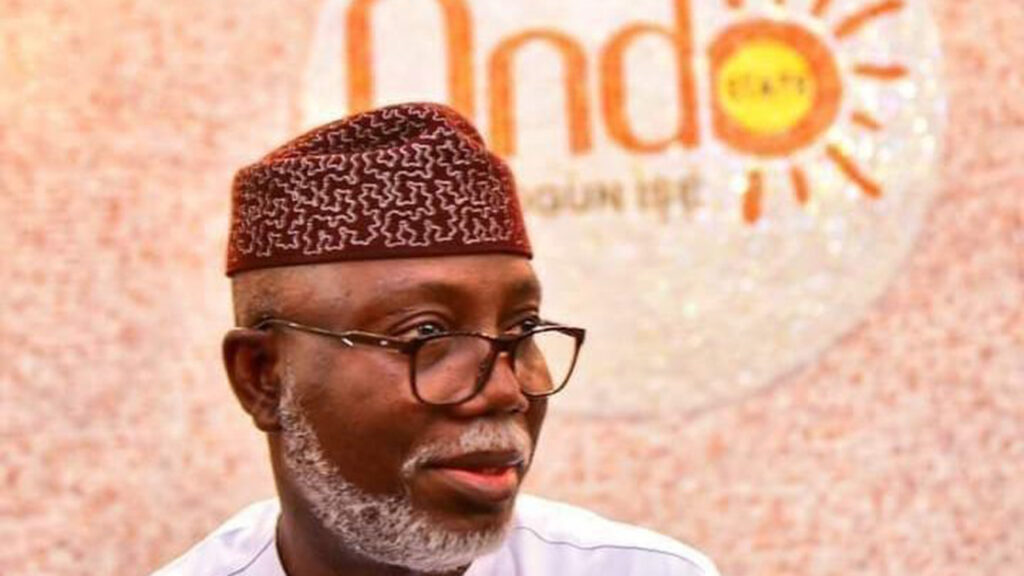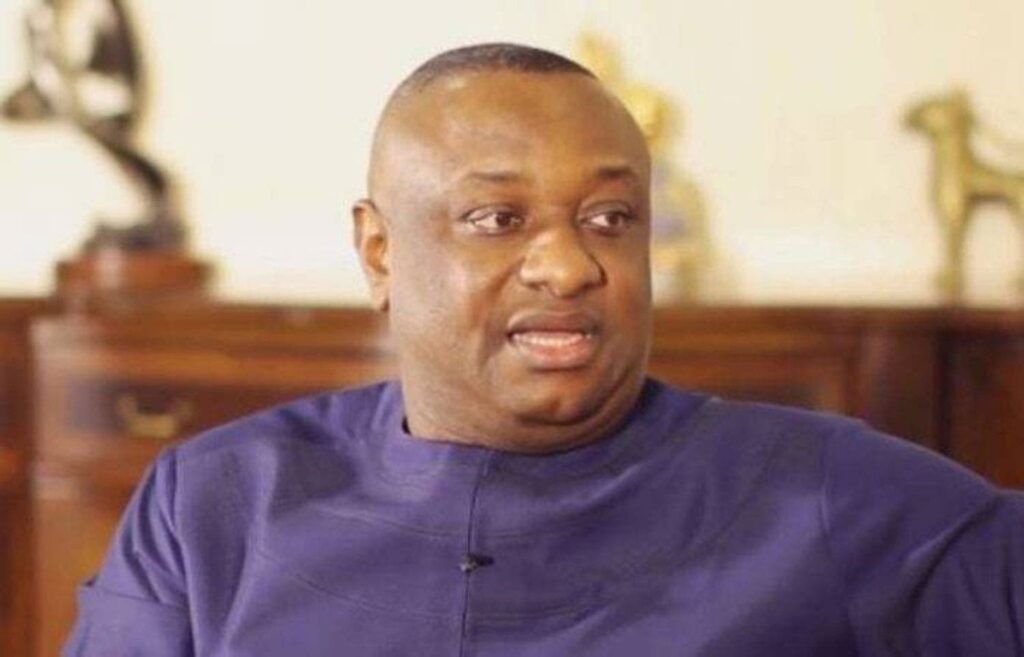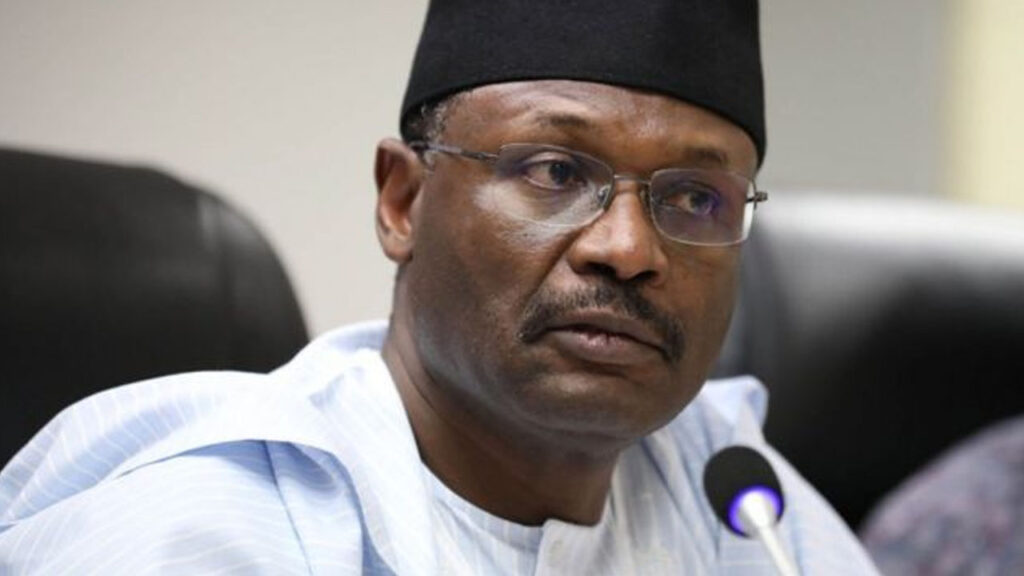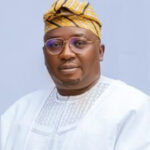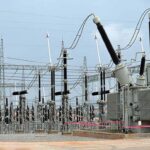
Federal Government has urged investors to consider channelling heavy investments on hydropower, the same way they have been investing heavily on solar power technology.
The Minister of Power, Mr Adebayo Adelabu has identified increased investment on hydropower as a veritable means of achieving the climate change objective of the country.
Speaking during a capacity building training on small hydro power development standards for policymakers, standardization bureau’s and renewable energy project developers in ECOWAS and EAC in Abuja, he noted that hydropower remains critical to bridging the existing gap in electricity demand and supply in the country.
The minister maintained that small hydro power was very relevant in achieving the country’s climate change objectives, energy transition plans, energy security and the provision of energy access.tomits teeming population.
Represented by the Assistant Director Renewable Energy and Rural Power, Engr. Bem Anyangeaor, he explained that the ministry of power was already working on taking a cue from the Abia State government to decentralise electricity generation to boost electricity supply in the country.
He said : ” Small hydropower is relevant and very essential in the plans for the Federal Ministry of power.
.
“We have the resources that is in no doubt, the only thing lacking are the investments. The investments have been lacking even though we have had the small hydropower technology with us for a far longer time than we have had the solar power technology but unlike the hydropower, the solar power technology has saw a lot of investments especially from the private sector.
“If we have not seen as much investments in the small hydropower as much as we have seen in solar, it only means that some things are missing and that is why this capacity Worksop is key for us to bridge the gap and realise this project.”
Applauding UNIDO for its commitment and unwavering support in developing small hydropower projects in Nigeria, he said the President Bola Ahmed Tinubu led administration has put in place measures aimed at attracting investors to the country.
Said he: “The skills necessary for the realisation of small hydropower in Nigeria has to do with project preparations. A lot of development partners especially the World Bank will rate Nigeria as a country with high political risk and because of this, some investments may not be coming.
“But it is not good for us to put the blame on the risks assessment done by any agency or Nigeria, or on the country or on that particular sector. It is for us to prepare projects well, it is for us to have the right policies, the right regulations, and the right incentives and I hope all these can be achieved through this workshop. Those keys are very relevant.”
Representative of UNIDO, Dr Osu Otu, raised concerns over the poor electricity access as well as the demand and supply gap, despite the tremendous amount of various renewable energy sources the region was endowed with.
Represented by Dr. Osuji Otu, he maintained that hydropower if explored further, was capable of improving and increasing access to affordable electricity in the region.
“Fortunately, Africa is endowed with a tremendous amount of energy sources such as hydropower, solar, biomass and wind. Among these renewable energy sources, small Hydropower holds great potential towards increasing access to affordable electricity and addressing climate change.
“However, despite this enormous energy potential, electricity access in Eastern and Western Africa is still low, resulting in a significant gap between supply and demand. According to World Small Hydropower Development Report (WSHPDR) 2022, West and East Africa has an average electricity access rate of below 50% and 42% respectively and display significant disparities between urban and rural areas.”
The UNIDO rep added that, an integrated and systematic technical guidelines had become necessary to promote sustainable development of small Hydropower in the affected regions.
Representative, ECREEE ECOWAS Centre for Renewable Energy and Energy Efficiency, Fulbert, Koujit, warned that Africa may not be able to meet the 2030 Sustainable Development Goals (SDGs), if the challenges of low electricity access were not promptly addressed.
“The energy system in West Africa faces a number of challenges; insecure.elwvteiciry.supply, increasing environmental degradation and low access to electricity with an access rate of around 56 percent of the population.”
Koujit however noted that some modalities were already in place by member states of the ECOWAS under the guidance of ECREEE, to boost local energy in the region through the adoption of the regional renewable energy policy.
“This policy helps for universal access to electricity with an increased in the rural population having access to mini grids energy or isolated systems by 25 percent in 2030.
More specifically, this policy aims to implement 2.4 gigawatts capacity of small hydropower by 2030 in ECOWAS region.”
On his part, a former Director General, Energy Commission of Nigeria, Jidere Bala while commending UNIDO for converging experts from across the region in its bid to find sustainable solutions in low electricity access amongst other challenges, insisted that small
hydropower has great potential in supporting Africa’s energy mix.
“Here in Nigeria we benefitted from small hydropower since 1939 in Jos, Plateau State.. We now have a capacity of 30 megawatts and it has been a very reliable source, it has been driven by the private sector.
“UNIDO has contributed immensely in the development of small hydro in Nigeria. I still remember we have small hydropower project in Bauchi about 175kilowatts, we have another 400kilowatts in Taraba state unfortunately most of them have not been operational because of lack of human and financial capacity..
“I believe that this workshop will provide us with a lot of information on how to overcome some of these challenges both in the development, the operations limiting small hydropower power systems within our region.”
The workshop which drew participants from all over the African region, was aimed at promoting small hydropower development standards in West and East Africa, under the framework of the “Technical Guidelines for the Development of International Standards for Small Hydropower Plants”, and the GEF funded project, ” Scaling Up Small Hydropower in Nigeria ”

